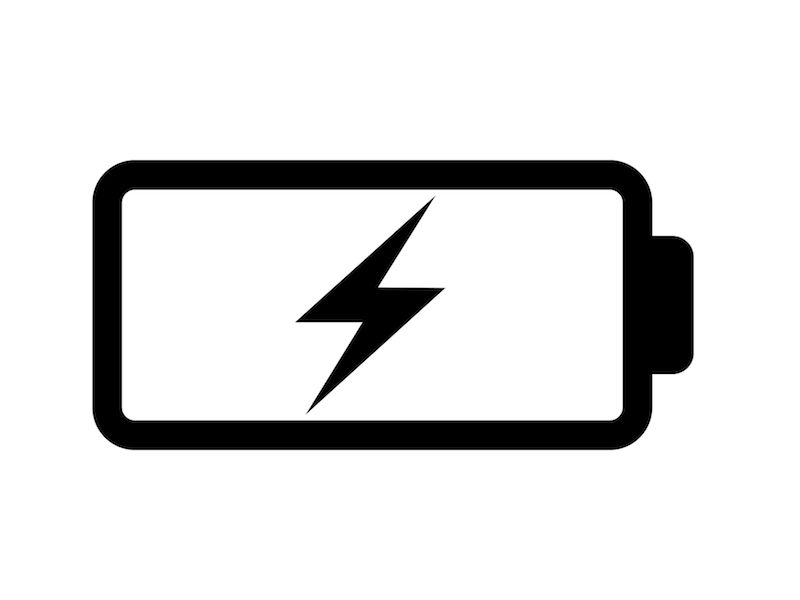
Rechargeable hearing aids are designed so that you’ll have to stress less about running low on batteries, but the technology may also make you a little nervous when you rely on your devices to hear. Do rechargeable hearing aids work, and do they work as well as advertised?
The stress is understandable and so are the question you may have. A hearing aid is often as important for the enjoyment of a tv show or a movie as it is for a trip to the supermarket or any other part of day to day life. When a piece of technology affects so many aspects of your life, it’s crucial that it work correctly and reliably.
How Do I Know What Kind of Battery I Have?
Most contemporary hearing aids have rechargeable batteries by default, so if you got your hearing aids recently it’s likely that your hearing aids will have one of two battery types. Silver-zinc batteries, which can normally be identified by a battery door on the device, are rechargeable, but every so often they have to be replaced. A Lithium-ion battery, however, will not have a battery door because the batteries will last as long as the hearing aid does.
How to Care For Your Rechargeable Hearing Aid
For the most part, rechargeable hearing aids do work, and they work well. As battery technology has improved in the last several years, the dependability of these devices has increased dramatically. In order to improve dependability, however, there are a few maintenance steps users can take as they would with any other electronic equipment.
- Be Mindful of Wires: Either the charging station or the hearing aid itself will have some type of wire element on most hearing aids. Most hearing aid users are advised to be careful of these wires; do not pull or hold your device by these wires as this will damage the connections that enable your hearing aid to charge.
- Keep Your Hearing Aids Dry and Clean: No matter how often you use or do not use your hearing aids, they have abundant opportunity to collect moisture, debris, and dust. Your hearing aid may not completely charge if it is subjected to any of these three elements. When connecting your hearing aid to your charging station, as with any other time, it’s essential to keep your device clean.
- The Charging Station is Where Your Hearing Aids Should be Kept: If you consistently store your rechargeable hearing aids on their recharging station you can increase the life of your battery. The long term battery life is not reduced by charging a battery that is not totally drained.In fact, making sure that your hearing aids are charging when you’re not using them can actually maximize your long-term battery life. A simple reminder, for most people, to charge their device when not in use, is to put the charging station on a table beside their bed.
How to Replace a Rechargeable Battery
Lithium-ion batteries will normally last the as long as your device does. Consequently, you shouldn’t need to worry about replacing those batteries. Simply keep recharging your hearing aids as long as needed.
Hearing aids that rely on silver-zinc batteries, however, might call for fresh batteries once in a while. The longevity of your battery can be increased by changing them in the right way. As a result, most people who use these hearing aids are counseled to:
- Until you’re ready to use the batteries, don’t remove the plastic tabs or packaging.
- Before changing batteries, don’t forget to wash your hands.
- Make certain you have a dry, room temperature place to store your batteries.
- Five minutes before taking off any tabs that might be attached let the batteries sit at room temperature.
- Confirm that your battery compartment is free of moisture and clean.
Long Periods of Non-Use
Keeping your hearing aids on the charger for extended periods of time is no longer the way to store your hearing aids. Just unplug your hearing aid and put it in a cool dry spot if, for instance, you know you won’t be using them for a few weeks or a month.
If your hearing aids utilize silver-zinc batteries, you may also think about leaving the battery door open so that you can stop moisture from corroding your batteries.
Keep it Charged Every Day
For most individuals, and for day to day use, charging your hearing aids once per day should be adequate for all of your needs. A lithium-ion battery, as an example, will normally require only 3-4 hours to charge adequate battery power for a 24 hour period.
Do rechargeable hearing aids work? They don’t only work, they are becoming more common all the time. To see all the different models, schedule an appointment with your local hearing aid retailer.